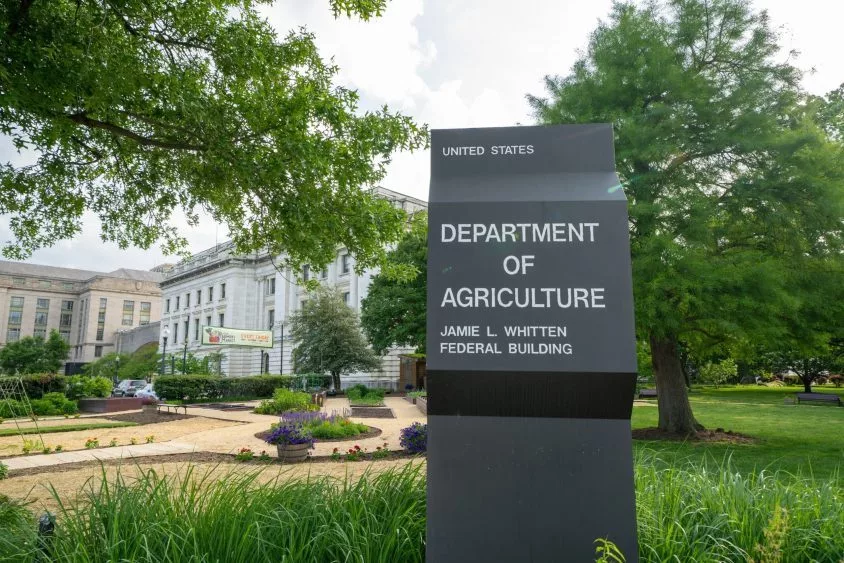(WASHINGTON D.C.) — This week, numerous biofuels groups have responded to a request for information (RFI) from the U.S. Department of Agriculture (USDA) about how the agency should account for the impact climate smart agriculture (CSA) practices have on lowering the carbon intensity of bioethanol production. Groups including Growth Energy, Renewable Fuels Association, American Coalition for Ethanol, Clean Fuels and the SAF Coalition have all issued responses to USDA’s RFI.
“While our biorefineries are focused on a range of innovative technologies to reduce carbon intensity at the plant, agriculture represents more than 50 percent of bioethanol’s carbon intensity (CI) score,” said Growth Energy Senior Vice President of Regulatory Affairs Chris Bliley in the comment. “It is therefore essential to recognize the full range of climate-smart agriculture (CSA) innovation taking place on the farm – including farm applications such as cover crops, reduced tillage, manure application, crop nutrient management, and other ag innovations – that can reduce the lifecycle CI score of bioethanol.”
Clean Fuels Alliance America submitted a highly detailed, technical response to USDA’s Request for Information on climate smart agriculture practices for biofuel feedstocks. While USDA’s analysis of climate smart agriculture will have impacts beyond the §45Z Clean Fuel Production Credit, Clean Fuels emphasized the need for immediate guidance and certainty before biodiesel, renewable diesel, and sustainable aviation fuel producers and their farmer partners transition to the credit in January.
“We appreciate that Secretary Vilsack understands the importance of having guidance for the §45Z Clean Fuel Production credit well in advance of January 1, 2025, so farmers, producers and fuel customers have the certainty to continue to produce and use low-carbon biomass-based diesel,” Clean Fuels writes in the submission. “To set a practice-based crediting program up for success, farmers must know the credit value as soon as possible to help them assess what land management practices to employ as they make both planting and harvesting decisions ahead of the season.”
Renewable Fuels Association is urging the U.S. Department of Agriculture to implement the use of a “book-and-claim” accounting framework for tracking and transferring the greenhouse gas benefits of climate-smart agriculture (CSA) practices through the biofuels supply chain.
“Clean fuel tax credits established under the Inflation Reduction Act of 2022 provide an unprecedented opportunity to position U.S. agriculture and crop-derived biofuels as immediate solutions for reducing emissions and combatting climate change,” RFA President and CEO Geoff Cooper said. “But in order to capture this extraordinary decarbonization opportunity, regulators must allow for flexible supply chain management approaches. Our goal is to maximize CSA adoption and minimize market disruptions.”



